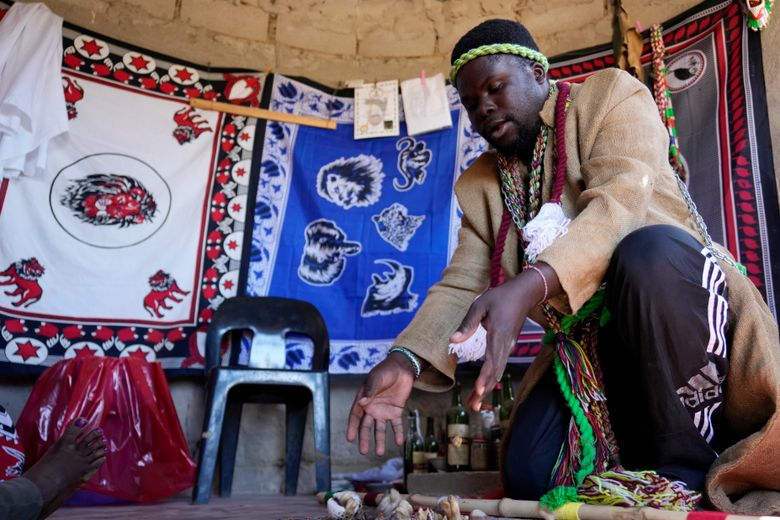Involving traditional healers, South African authorities are innovating a fresh strategy to
address the stigma and resistance against HIV testing. This project is a part of a pilot study
meant to inspire more people—especially young people—to be tested and should need
medical attention.
Leading this project is traditional healer Shadrack Mashabane of Bushbuckridge,
Mpumalanga province. His house, with its traditional fabrics and natural medicine supply,
now shows a white box with an HIV testing kit. Among at least fifteen traditional healers
engaged in University of Witwatersrand pilot research is Mashabane.
With an eye toward raising knowledge of HIV status and stopping the transmission of the
virus, researchers have equipped these healers to do HIV tests and offer counseling. By
including traditional healers in the HIV testing and treatment course, this initiative marks a
major public health milestone.
Patients first hesitated about getting HIV tests from Mashabane, linking such services to
health facilities. He had to prove his credentials to get them on board. Patients signing a
consent form for the test and a follow-up to guarantee that those who test positive get
treatment from the nearby clinic are part of the process.
“Many patients find it difficult to visit clinics, especially men,” notes Mashabane. South
Africa suffers great stigma around HIV testing and treatment, even though it provides free
antiretroviral medication and pre-exposure prophylactic treatment. Privacy issues at clinics
discourage patients even more from getting treatment.
Mashabane noted that patients who worry about clinic discretion choose to see traditional
healers. “They do not feel safe at the clinics,” he says. Another learned traditional healer,
Florence Khoza, also expresses such ideas. Originally dubious about the initiative, Khoza
now considers her new job to be professionally exciting. She not only checks patients for
HIV but also makes sure they take their prescribed courses.
Plans call for the program to grow, with another 325 healers scheduled for training to get
certifications as HIV counselors. HIV testing rates will be compared by researchers to
ascertain whether more people would rather test under traditional healers than in hospitals.
This strategy seeks to change perceptions about HIV by using the position of traditional
healers as the main healthcare providers in rural communities.
Researching the pilot, Wonderful Mabuza emphasizes the advantages of traditional healer
accessibility. “Some towns without clinics force their citizens to travel great distances. Being
nearby and easily available, traditional healers simplify testing,” he argues.
By incorporating HIV testing and treatment into conventional health systems, researchershope to drastically lower new HIV rates in areas like rural Mpumalanga. The ultimate aim isfor the government of South Africa to encourage the national implementation of this project.

